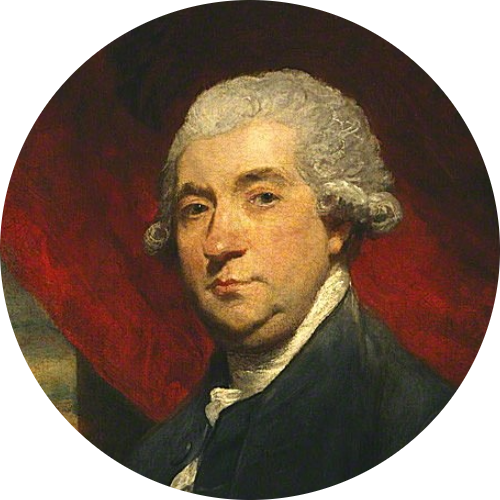Author, playwright and theologian. Son of John Brown, Vicar of Wigton, Cumberland. MA from St. John's College, Cambridge (1739). D.D. (1755). Sometime chaplain to the Bishop of Carlisle. Vicar of Morland, Westmoreland (1743-1756). Vicar of Lazonby, Cumberland (1752-1763). Vicar of St. Nicholas, Newcastle-on-Tyne (1760-1766).
John Brown wrote two plays in which David Garrick performed, as well as the book A Dissertation on the Rise, Union, and Power, the Progressions, Separations, and Corruptions of Poetry and Music, to which is prefixed the Cure of Saul, a Sacred Ode (1763), which was the first "complete" picture of music history printed in England, and which was even translated into both German and Italian.1 His most popular work was An Estimate of the Manners and Principles of the Times (1757-8), which was "an attack on luxury and effeminacy",2 and which occasioned his subsequent nickname Estimate Brown. He accompanied Thomas and Algernon Percy on their tour of Scotland in 1765.3
He committed suicide by cutting his throat on September 23, 1766.4
Boswell met John Brown at David Garrick's house in London on January 21, 1763.
Various editions of Brown's works, notably his Estimate of the Manners and Principles of the Times, are available from [Abebooks].
